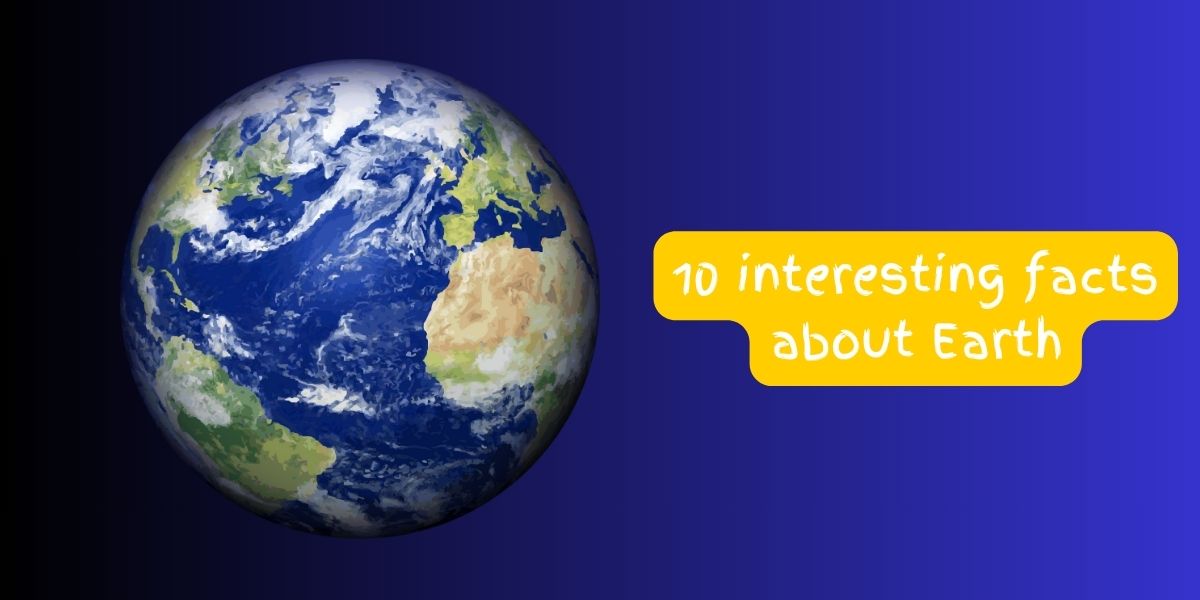Here are 10 interesting facts about Earth:
- Third Rock from the Sun: Earth is the third planet from the Sun in our Solar System. It is the only known planet to support life.
- Blue Planet: Earth is often referred to as the “Blue Planet” because approximately 71% of its surface is covered by water, primarily in the form of oceans.
- Atmosphere: Earth’s atmosphere is composed mainly of nitrogen (78%) and oxygen (21%), with trace amounts of other gases such as carbon dioxide, argon, and water vapor.
- Water and Ice: About 97% of Earth’s water is found in the oceans, while the remaining 3% is freshwater found in glaciers, ice caps, rivers, lakes, and underground reservoirs.
- Largest Ocean: The Pacific Ocean is the largest ocean on Earth, covering more than 30% of the planet’s surface area and containing numerous islands and marine ecosystems.
- Tectonic Activity: Earth’s surface is constantly changing due to tectonic activity, including the movement of tectonic plates, volcanic eruptions, earthquakes, and the formation of mountains and ocean trenches.
- Life Abundance: Earth is teeming with diverse forms of life, ranging from microscopic organisms to complex ecosystems with millions of species, including plants, animals, fungi, and bacteria.
- Unique Magnetic Field: Earth has a magnetic field generated by its iron core, which extends into space and protects the planet from harmful solar radiation and charged particles from the Sun.
- Goldilocks Zone: Earth is located in the habitable zone, also known as the “Goldilocks Zone,” where conditions are just right for liquid water to exist on the surface, making it conducive to life as we know it.
- Human Impact: Human activities, including deforestation, pollution, habitat destruction, and climate change, are significantly impacting Earth’s ecosystems, biodiversity, and climate patterns, highlighting the need for conservation and sustainable practices.
These facts highlight the uniqueness and importance of Earth as a planet in our Solar System, as well as the interconnectedness of its diverse ecosystems and the human impact on its environment.


No responses yet